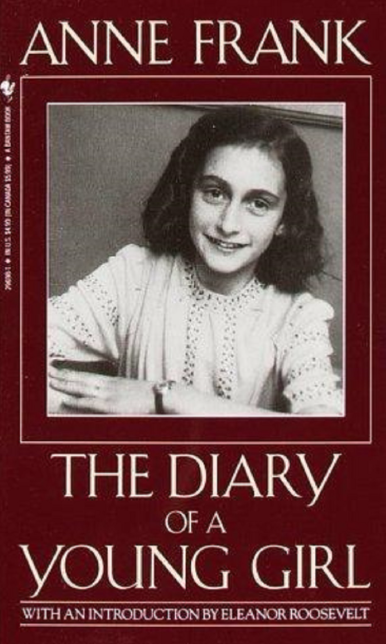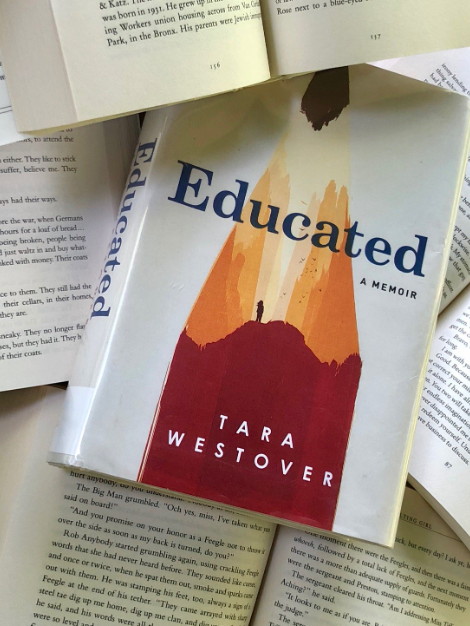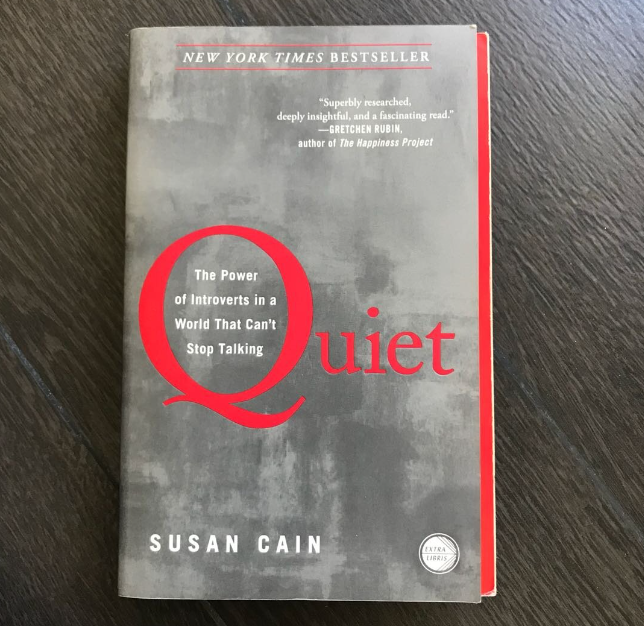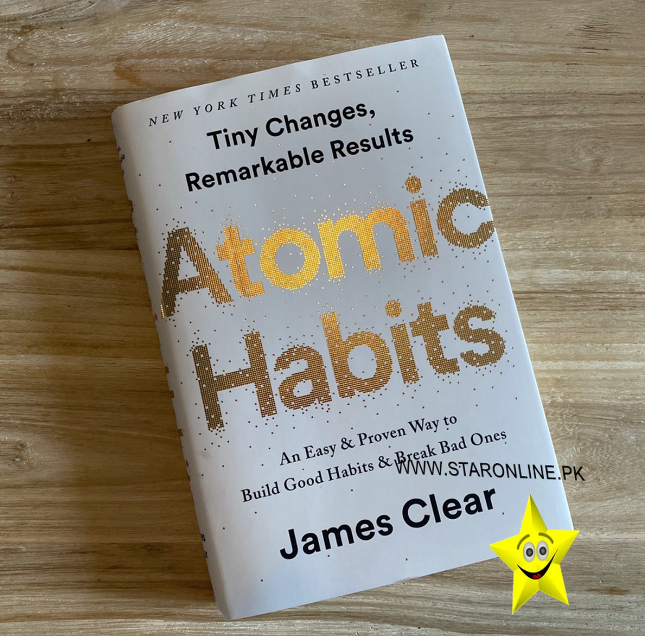Non-fiction books hold a unique and essential place in literature; moreover, they engage directly with reality, offering factual information and insights. As a result, readers can enrich their knowledge and deepen their understanding of the world. In contrast to fiction, nonfiction draws from real events, discoveries, history, and personal experiences. Therefore, this distinction gives nonfiction its powerful ability to inform, educate, and inspire book lovers in a variety of meaningful ways.
Types of Non-Fiction Books
Self-Improvement
Self-improvement non-fiction books, a staple of nonfiction, play an important role in promoting personal growth and motivation. In particular, these books offer practical advice and inspiration to help people overcome challenges, set and achieve goals, and improve various aspects of their lives. By focusing on areas like health, relationships, career, or finances, they provide actionable strategies and insights to increase well-being and success. Furthermore, by addressing common obstacles and offering solutions, these books empower readers to take control, develop positive habits, and reach their full potential.
Developing a Growth Mindset
Additionally, literature often promotes the idea of a growth mindset, the belief that abilities and intelligence can be developed through effort and learning. In fact, non-fiction books encourage readers to embrace challenges, face failure, and see effort as a path to mastery. As a result, this change in mindset can lead to substantial personal and professional development, nurturing a passion for learning and the resilience necessary for sustained success.
The Diary of a Young Girl by Anne Frank

Anne Frank’s “Diary of a Young Girl” tells a powerful story. The book shares the experiences of a young Jewish girl during the Holocaust. Specifically, it is a collection of her personal diary entries. While hiding from the Nazis in Amsterdam, Anne wrote it from the secret annex where she lived with her family and others. Through her words, we gain insight into the fear, hope, and resilience of that time during World War II. Anne’s diary has left an indelible mark on history. The Anne Frank House in Amsterdam, where the Frank family hid, stands preserved as a museum. Each year, millions of visitors come to pay their respects to Anne’s memory and learn about the Holocaust. Anne’s diary inspires people to strive for a world where such horrors are never repeated.
“Diary of a Young Girl” is a deeply personal narrative. It tells a universal story of hope and courage. The book highlights the enduring power of the human spirit. Its message resonates deeply with readers. It reminds us of the importance of remembering the past. Ultimately, it encourages us to strive for a better future.
“Sapiens: A Short Human History” by Yuval Noah Harari

This book offers a broader understanding of human history and its implications as it explores the evolution of Homo sapiens from a relatively uncommon species to the dominant force shaping the planet today. Moreover, Sapiens has received widespread acclaim for its innovative approach to history and its ability to connect historical developments with contemporary issues. Furthermore, it is often recommended for its unique perspective and engaging narrative.
The book chronicles the Scientific Revolution, which began about 500 years ago and fundamentally changed human knowledge and societies. Harari highlighted how the rise of capitalism and imperialism, along with the acquisition of scientific knowledge, fueled technological and industrial progress, leading to unprecedented changes in human life and the environment. and philosophical concepts. It encourages readers to think critically about human history and the forces that have shaped our world.
“Educated” by Tara Westover

Tara Westover’s memoir “Educated” tells the remarkable story of her journey, starting with her strict, survivalist upbringing in rural Idaho, and eventually leading to academic excellence and a Ph.D. from Cambridge University. Throughout the book, themes of resilience, personal development, and education are intertwined, offering powerful insights into her transformation.
In Tara Westover’s “Educated,” several deep themes emerge, each contributing to the compelling narrative of the memoir. The transformative power of education is central, demonstrating how knowledge can profoundly alter one’s life. This access to education provides Westover with a path to self-discovery and freedom from his restrictive upbringing.
Westover explores his identity and personal growth as he navigates his sense of self, balancing his past with his emerging identity. He examines family and loyalty through his complex relationship with his family, revealing his emotional struggle to reconcile personal growth with family ties and values. Resilience and determination are evident throughout Westover’s journey. A key theme is her unwavering resolve to overcome significant challenges and pursue her dreams despite numerous obstacles. These themes intertwine to create a powerful narrative about overcoming adversity and finding your way.
The book has been recognized with numerous awards and accolades, including being a finalist for the Pulitzer Prize for Biography or Autobiography.
Quiet: The Power of Introverts in a World That Can’t Stop Talking” by Susan Cain

In Susan Cain’s book Quiet: The Power of Introverts in a World That Can’t Stop Talking, she demonstrates how introverts heavily influence a culture that typically rewards extroverted traits. Moreover, the book highlights the strengths and contributions of introverts, emphasizing their talents to think deeply, innovate, and lead with empathy and concern. In addition, Cain addresses the cultural bias toward extroversion and advocates for a greater appreciation of introverted characteristics. She also emphasizes the value of introverted skills across various domains while highlighting the challenges introverts face in extrovert-centric cultures. Kane also underscores the importance of creating environments that embrace and leverage diverse personality traits.
“Atomic Habits” by James Clare

Atomic Habits, written by James Clear, is a highly useful guide to developing new habits and improving yourself. Referred to as “atomic habits,” the concept highlights the power of small, gradual changes over time. Additionally, the book outlines the “Four Laws of Behavior Change”: cue, desire, response, and reward, which assist readers in developing positive habits and eliminating negative ones. Furthermore, Clear emphasizes the significance of prioritizing systems and identities rather than merely setting goals. He also stresses how crucial our environment is in influencing our habits. This book merges scientific research with practical strategies, enabling readers to implement lasting changes. By making sustainable and manageable adjustments, readers can enhance their lives.
conclusion
Self-improvement books like Atomic Habits by James Clear and Educated by Tara Westover are invaluable resources for personal growth. Moreover, they offer both inspiration and motivation, alongside practical tools and strategies for lasting change. As a result, by reading these books, individuals are empowered to become the best version of themselves. Additionally, they address various aspects of life, including emotional, mental, physical, financial, and personal well-being. Thus, by focusing on these areas, readers can achieve success and fulfillment in all aspects of their lives.
FAQs
1. What are nonfiction books?
Nonfiction books provide factual information and insights, engaging directly with reality. They cover a wide range of topics, including history, science, self-help, and memoirs.
2. Why are nonfiction books important?
Nonfiction books play a crucial role in informing, educating, and inspiring readers. They help enrich knowledge and foster a deeper understanding of the world.
3. How do self-improvement books promote personal growth?
Self-improvement books provide actionable insights and strategies designed to help individuals navigate challenges, reach their goals, and improve different facets of their lives, including health, relationships, and careers.
4. What is a growth mindset?
A growth mindset is the belief that abilities and intelligence can be developed through effort and learning. This mindset encourages individuals to embrace challenges and view failures as opportunities for growth.
5. What themes are commonly found in self-improvement literature?
Common themes include resilience, determination, the transformative power of education, identity exploration, and the importance of positive habits.
